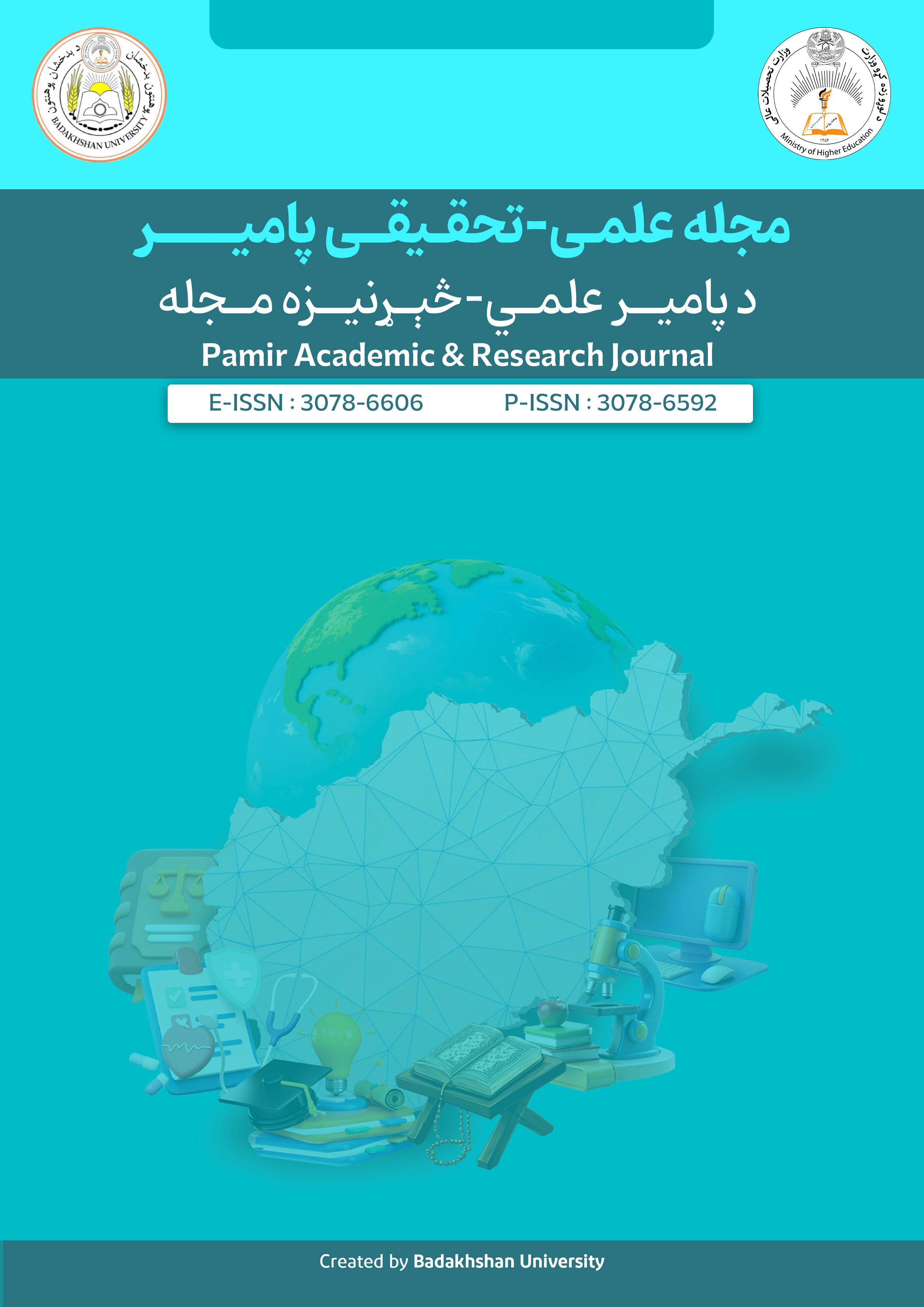Theories of Leadership Governed by an Islamic Approach
DOI:
https://doi.org/10.61806/parj.v9i30.13الكلمات المفتاحية:
تیوری، رهبری ، اسلام، مدیریت، مسوولیت.الملخص
Abstract
Leadership from an Islamic perspective is regarded as a crucial and essential topic in organizing societies and achieving justice. The leadership theories in Islam, unlike some Western approaches that primarily emphasize managerial skills and functions, are grounded in moral and spiritual principles. This study aims to examine and analyze various leadership theories with an Islamic approach and seeks to explore the fundamental principles and criteria of Islamic leadership based on the Quran, Sunnah, and Hadith. The research is conducted using a descriptive-analytical method. Leadership in Islam is closely associated with concepts such as justice, trustworthiness, piety, moral competence, and service to people. From an Islamic viewpoint, leaders must be individuals who not only possess the ability to manage and guide others but also exhibit high levels of personal and spiritual integrity. Islamic leadership theories, in contrast to liberal or democratic models that focus on individualism and personal desires, emphasize social responsibility and the strengthening of solidarity among community members. Ultimately, it can be concluded that Islamic leadership, by emphasizing moral and spiritual principles, offers a comprehensive, human-centered model for guiding society, with the goal of fostering the holistic growth and development of individuals in all personal and social dimensions. This study demonstrates that leadership in Islam is a divine and social duty that places importance on balancing material and spiritual aspects.
Keywords: Theory, Leadership, Islam, Management, Responsibility.
التنزيلات






